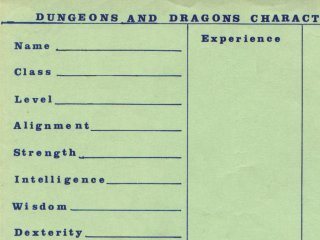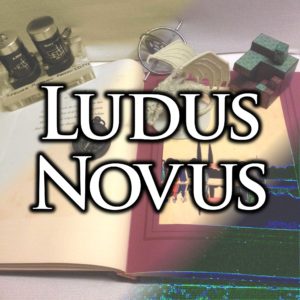I’m currently running a campaign of Dungeons & Dragons Fourth Edition that I have dubbed Morbus, for reasons not yet disclosed to the players. I’ve decided to share my campaign planning with the readers of this blog, for those who are curious to see how Fourth Edition encounters work, or for GMs who are interested in an adventure to run.
I intend to make each adventure “episode” wrap up a little story as well as being part of the larger campaign plot. For the players in my campaign, each adventure will take their characters up a single experience level, but I’m doubling experience point rewards in my game. Normally, it takes ten encounters of the party’s level to level up, but I’m aiming for just five. Because of that, if any GMs are following along with my campaign, they will need to add more encounters to keep the PCs at an appropriate level for these adventures. On this blog, I will report the normal, non-doubled experience rewards for encounters. The adventures will, however, dispense all of the appropriate treasure parcels for a four-person party, so you may want to change that.
I’ll try to present each adventure independently of the larger plot. I’ll tie them together periodically with summary posts explaining their larger context. This particular adventure, The Attack on Furrowcross, is appropriate for four first-level characters who have not yet formed a party with each other. It features a goblin raid on a market town. The details, with full spoilers, are after the break.

